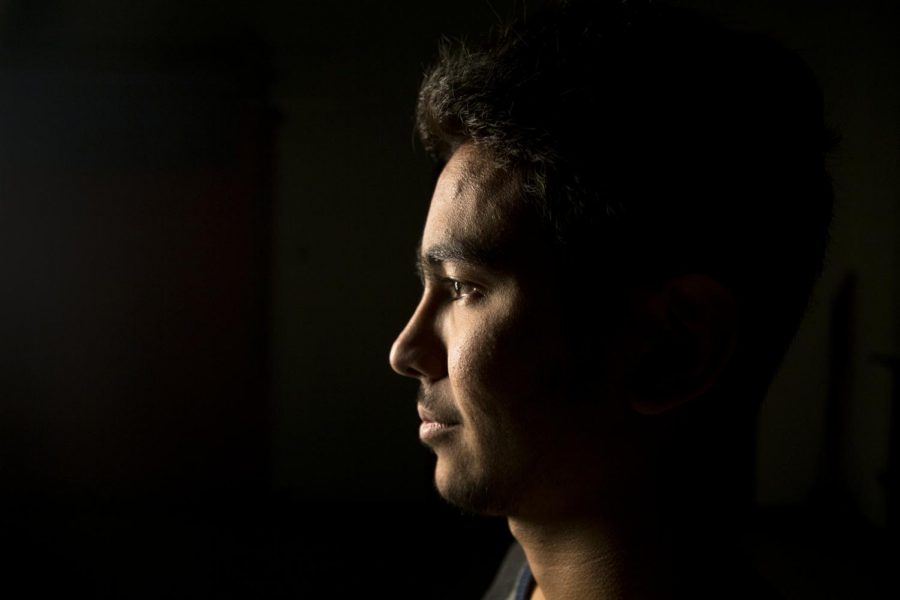When the Well Runs Dry
March 17, 2016
The Saudi Arabian government has announced that they will be cutting funds from the King Abdullah Scholarship Program, potentially affecting the Saudi student population at WKU.
The King Abdullah Scholarship Program was created in 2005 in an effort to increase the number of Saudi students studying abroad in the United States.
There are over 71,000 Saudi students studying in the United States and over 100,000 students are studying abroad globally through this program, according to the Saudi Ministry of Higher Education. Roughly 90 percent of Saudi students who study abroad do so through the King Abdullah Scholarship Program.
The cuts to the program can be tied to falling global oil revenues. Previously, a barrel of oil was sold for around $100, but has fallen to around $30 a barrel. Oil accounts for the majority of Saudi Arabia’s revenue, and as a result of the drop in pricing, funding for areas like education have been cut, according to the Oxford Business Group.
WKU had 1,402 undergraduate students from foreign countries for the fall 2014 semester, making up 6.9 percent of the undergraduate student population, according to the WKU 2015 Fact Book. Saudi Arabia was the country with the highest representation at 594 students, making up 42.4 percent of the international population.
Ashley Givan, the Sponsored International Student Advisor in the International Student Office, works with international students who are financially sponsored. Givan said that WKU currently has 485 degree-seeking students from Saudi Arabia. She wasn’t able to provide information about how many of those students receive the King Abdullah Scholarship, but she estimated that it was “a very large portion.”
“At this moment, we’re still gathering information,” Givan said. “There has been no official word about what the cuts will be.”
Toni Dye, the Assistant Director of the International Student Office, was contacted for comment, but did not respond in time for publication.
Charles Taylor, a professor in the School of Education at Edgewood College, has done extensive research on the King Abdullah Scholarship Program. He said in an email that one of his students was interested in learning more about the program, and “out of that curiosity,” they were able to find more information and have their work published.
“Those campuses that enroll a substantial amount of Saudi students will have to find other means to make up for the lost dollars and lost international student presence,” Taylor said of the cuts to the program. “Saudi students make tremendous cultural contributions and enrich the classroom and campus so this is another void that universities will need to fill.”
Taylor said that the cuts may mean that some will have to return home prior to finishing their degree.
“I suspect that this will affect female Saudi students more than males,” Taylor said. “Future students will be impacted greatly and the Saudi government may restrict study abroad to very specific majors and in areas of study that are unavailable in Saudi Arabia.”
According to Taylor’s research, WKU hosts the sixth-largest number of Saudi Arabian students in the United States.
Ahmed Alghefari is a student from Saudi Arabia studying at WKU through the King Abdullah Scholarship Program. He has been at WKU for almost four years.
“When I graduated from high school, I dreamed of graduating from an American university,” Alghefari said. With help from his father and the rest of his family, Alghefari was able to come to the United States to study at WKU.
Originally, Alghefari was not receiving the King Abdullah Scholarship and was paying for his education with the help of his family. He said that about two months after arriving in the United States, he found out that he was able to use the King Abdullah Scholarship.
“Losing this scholarship would affect me a lot,” Alghefari said. “It pays for everything – insurance, traveling, a salary.”
Givan said that the International Student Office is prepared to offer support to international students who are affected by cuts.
“We’re here to give support to the students if they have questions or concerns,” Givan said.


























